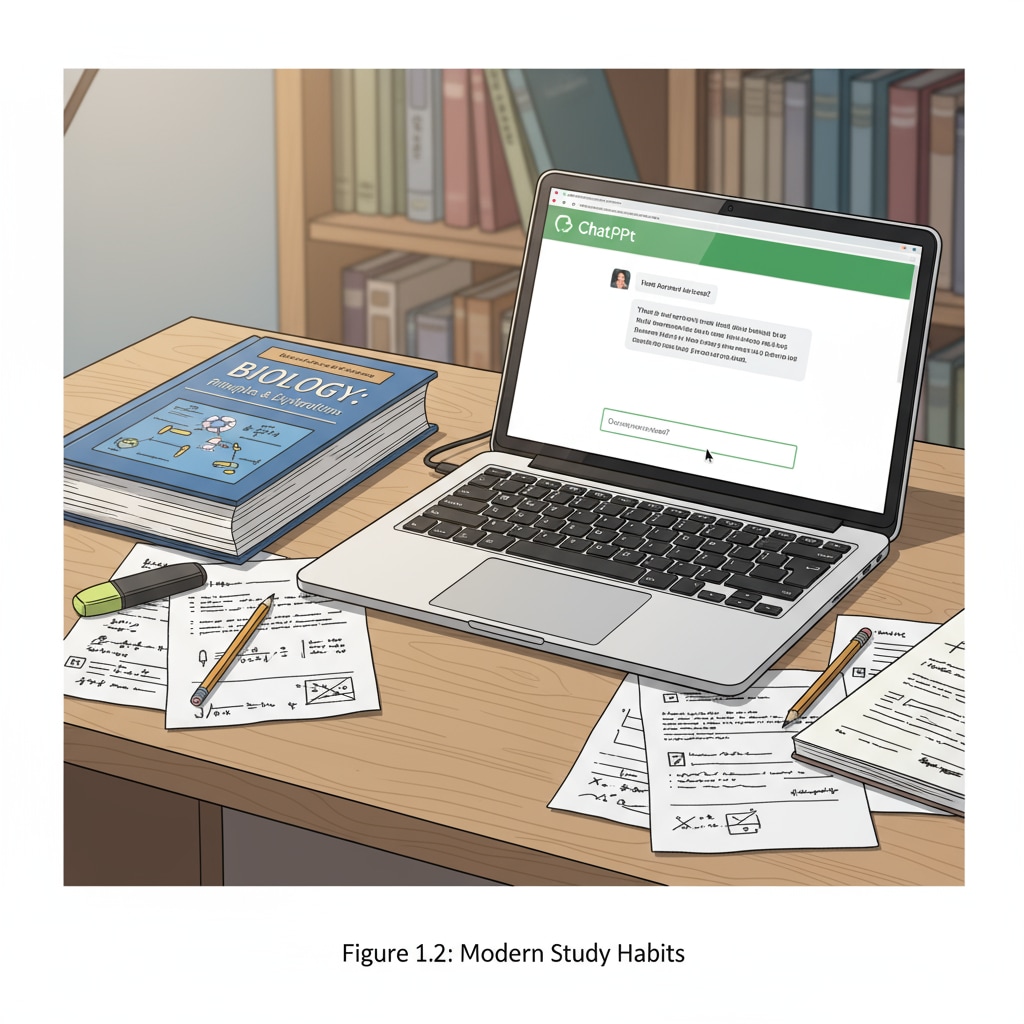The rapid spread of AI tools like ChatGPT has brought new challenges to education, particularly in the areas of student cheating, homework, and child development. As students now have access to powerful language models that can generate essays and solve problems with ease, educators are grappling with how to maintain academic integrity and ensure that homework still serves its intended purpose.

The New Face of Student Cheating
With the emergence of ChatGPT, student cheating has taken on new forms. In the past, cheating mainly involved copying from classmates or using unauthorized materials during exams. However, now students can simply input a homework question into ChatGPT and receive a ready – made answer. This not only undermines the learning process but also makes it difficult for teachers to assess a student’s true understanding. For example, a student might submit an essay written by ChatGPT, making it seem as if they have a much higher level of writing skills than they actually do. According to EdSurge, many educators are reporting an increase in suspected cases of AI – assisted cheating.

The Role of Homework in Child Development
Homework has long been considered an important part of a child’s educational journey. It helps reinforce concepts learned in school, develop time management skills, and promote independent learning. For instance, when a child does math homework, they practice the arithmetic operations taught in class, which deepens their understanding. Additionally, working on a long – term project at home encourages self – discipline and organization. However, in the face of AI – enabled cheating, we need to re – evaluate whether homework is still achieving these goals. As students can now get quick answers from AI, the original purpose of homework might be defeated. According to the National Education Association, while homework can be beneficial, its effectiveness depends on how it is designed and implemented.
To prevent AI – based cheating, educators can take several steps. Firstly, they can design homework in a more open – ended and creative way. Instead of asking for straightforward answers, assignments could require students to analyze, reflect, and present their own perspectives. This would make it difficult for ChatGPT to provide suitable responses. Secondly, teachers can use anti – plagiarism tools that are updated to detect AI – generated content. These tools can flag suspiciously perfect answers. Thirdly, fostering a culture of academic integrity in the classroom is crucial. By educating students about the importance of honesty and the consequences of cheating, we can encourage them to take their learning seriously.
In conclusion, the rise of ChatGPT and other AI tools has presented a significant challenge to the traditional educational model. We must find ways to prevent student cheating while also re – evaluating the role of homework in child development. By implementing appropriate strategies, we can ensure that education remains a meaningful and honest pursuit for every student. Readability guidance: The paragraphs are short and focused. We’ve used lists in a sense to break down points. Passive voice has been minimized, and transition words like ‘however’, ‘for example’, and ‘additionally’ have been used to improve flow.


